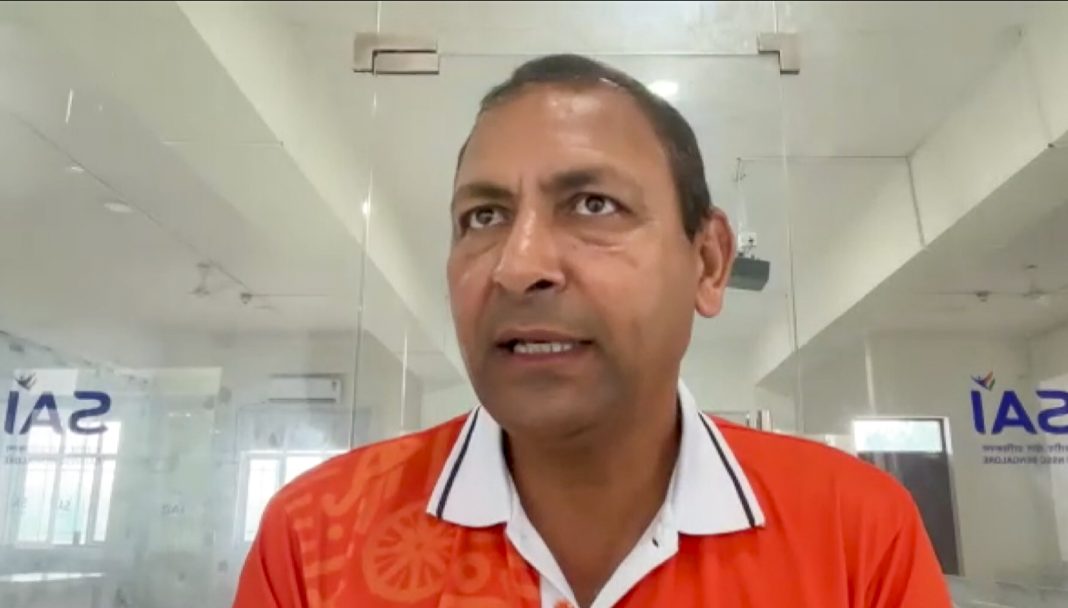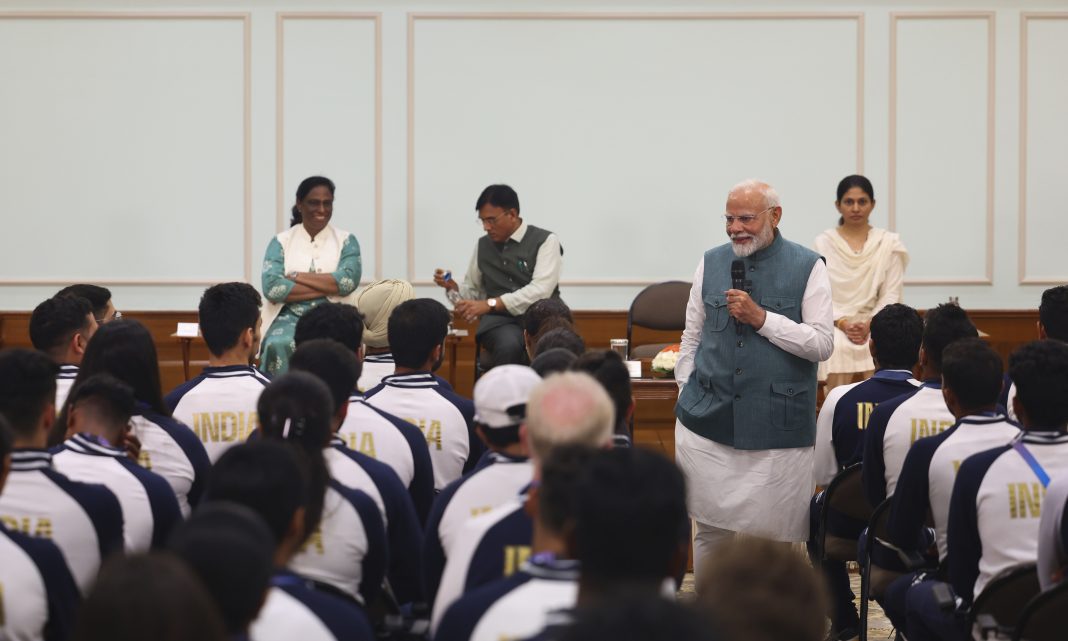“Forget the past and think about the future,” this was Indian women’s hockey team chief coach Harendra Singh’s advice to his wards as he chalks out his side’s roadmap for 2028 Los Angeles Olympics.
After reaching a new high in Tokyo, where they finished a creditable fourth, the Indian women failed to qualify for Paris Games, where the men’s team won a second consecutive bronze medal.
“When I took up this team, we had discussed this topic in length. I always look into the positive side and feel that something better is there in store for them. “Obviously girls were disheartened, the whole country was sad but I told them that there is something bigger waiting for them,” Harendra, who was appointed to the role in April this year, told PTI Bhasha.
“I told them to forget about the past and think about the future. I have given this mission a name ‘Road to LA 2028’ and I think it will be a beautiful journey.”
Harendra, who was earlier in charge of the women’s team in 2017-18, said his target is 2028 Los Angeles Olympics and advised his players to “forget the past and think about future”.
“India won the first Olympic medal in hockey in Los Angeles in 1928 when the legend Dhyan Chand ji was the part of the team and what would be a better start than winning a medal in 2028 at the same place exactly after 100 years,” said Harendra, who was earlier in charge of the women’s team in 2017-18.
“Whatever good has been done in the last four years, I would not like to change that. Then we will take it one by one and what went wrong. We started from there and I told them that I am not expecting great results in the Pro League. We have to make a foundation for LA 2028,” said the Dronacharya awardee.
When asked about what prompted him to leave his lucrative job as head coach of USA men’s team and return to the country, Harendra said: “I am happy to be back home and serving for the vision of women empowerment in India.
“Somewhere I wanted to contribute and not a better place to serve Indian hockey, especially women.
“Professionally I have learnt many things in my stint as a coach of the US men’s team. I think after Rio Olympics we have realised we are a sleeping giant and must wake up now. The kind of talent we have and the infrastructure now, that inspired me a lot,” he said.
“We have a lot of potential in women’s hockey and it’s not impossible to climb the ladder and win medals. It’s about passion and coming back to your roots,” added the 55-year-old, who coached India to the men’s Junior World Cup title in 2016.
Harendra said fitness is one area which is a primary concern for him.
“This team is lacking in the fitness standard which is needed for modern-day hockey. It includes speed, endurance, agility and decision making ability. They have technical skills and if they fulfil the fitness parameters that will give them an edge in big tournaments,” he said.
“My prime job is to improve the strength, power and speed of this team.”
He also insisted that his long-term plan revolves around a self-confined tern ‘SST’, which is science, skills and technology.
“We have to incorporate science, skill and technology, which I call SST. We are now playing European style which was the biggest lacking earlier. We have made a blueprint. There should be one model, one coaching philosophy from the grassroots to national camp,” he said.
He also defended the decision to have a new captain in Salima Tete, as it allow ace-goalkeeper Savita to play more freely.
“Savita is wall of Indian women’s hockey. She has served our country for many years now and is an integral part of our scheme of things but there is one technical glitch.
“If the captain is shown the green card during the match what will happen because she is the goalkeeper? So it’s better to have a captain who is not a goalkeeper,” Harendra said.
“For me all players are captains. In hockey a captain does not have to make many big decisions on the field like cricket. And also there is a new beginning with the new captain. And the good part is that Savita has started contributing more than earlier.” (PTI)




